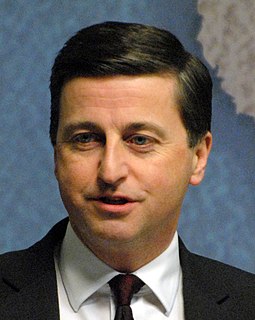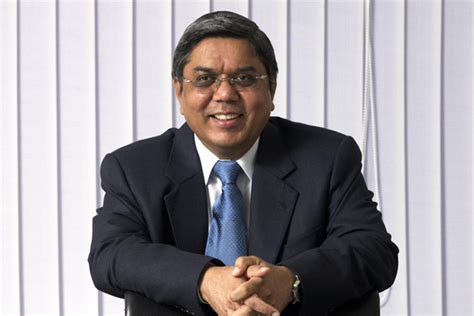A Quote by Andrew Mason
Globally local commerce is a $12 to $14 trillion market. If we get 10 percent of that, we'll be very happy.
Related Quotes
If we can get to that 3 percent grow, it is $2 trillion to $2.5 trillion worth of more government revenues. It's 12 million additional jobs. And those are 12 million jobs paying into Medicare, 12 million jobs paying into Social Security. Growth really is what's driving all of this and growth is what our focus is, which is why we're willing to accept increased short-term deficits in exchange for that long-term payoff.
When I became director of CIA, it was just clear to me intuitively, without a whole lot of science behind it, that we had expanded rapidly and inefficiently. So I arbitrarily picked a number, 10 percent, and I said over the next 12 months, we are going to reduce our reliance on contractors by 10 percent.
My advice is if we can't replace Obamacare by ourselves, to go to the Democrats and say this. 10% of the sick people in this country drive 90 percent of the cost for all of us. Let's take those 10 percent of really sick people, put them in a federal managed care system so they'll get better outcomes, and save the private sector market if we can't do this by ourselves. That's a good place to start.
Today, you have 20 percent of the world controlling 80 percent of the Gross Domestic Product; you've got a $30 trillion (US) world economy, and $24 trillion of it is in the developed countries... These inequities can't exist. So if you are talking about systemic breakdown, I think you have to look in terms of social breakdown.



































